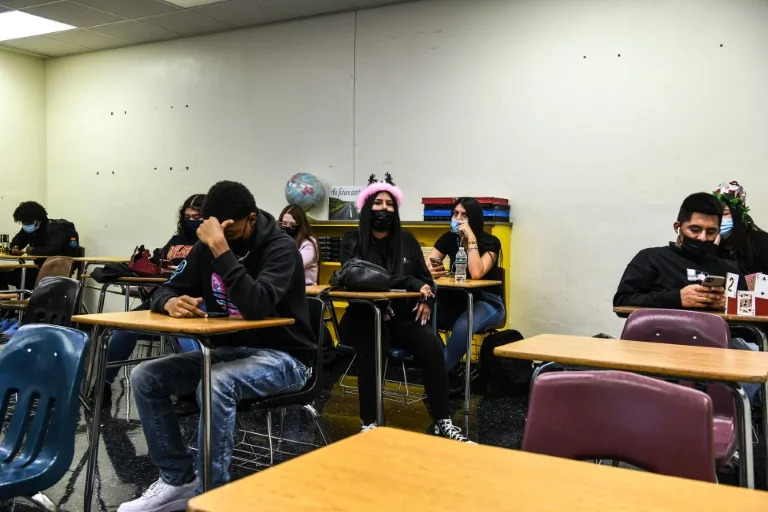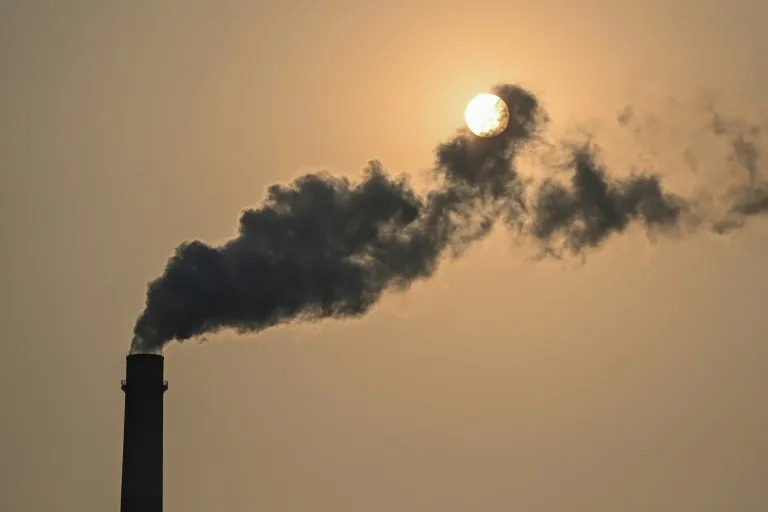
India tax officials raid BBC offices after film on Modi
Police have sealed off the British broadcaster's offices in India. The searches came weeks after India banned BBC's documentary critical documentary about Prime Minister Narendra Modi and called it "hostile propaganda."
https://p.dw.com/p/4NRwZ
Indian tax authorities on Tuesday raided the BBC's New Delhi offices, staff members of the broadcaster told news agencies.
The raid comes just weeks after the BBC released a documentary critical of Indian Prime Minister Narendra Modi.
A BBC employee based in the Delhi office told the AFP news agency that officials had occupied two floors in the building housing the broadcaster's offices.
Authorities were raiding the BBC's Delhi and Mumbai offices, reported the Press Trust of India news agency, quoting officials who were not identified.
Indian government angered by BBC documentary
In January, BBC released a two-part documentary called "India: The Modi Question" alleging that Modi had ordered the police to turn a blind eye to the 2002 communal riots in Gujarat, where he was premier at the time.
The violence left at least 1,000 people dead, most of them minority Muslims.

The raid comes just weeks after the BBC released a documentary critical of Modi.
Sajjad Hussain/AFP/Getty Images
The Indian government blocked videos and tweets sharing links to the documentary using emergency powers under its information technology laws.
Authorities scrambled to halt screenings of the program and restricted its clips on social media.
India's Foreign Ministry said the film "lacked objectivity" and called it a "propaganda piece designed to push a particularly discredited narrative."
The BBC responded with a statement, saying the documentary was "rigorously researched.''
"We offered the Indian Government a right to reply to the matters raised in the series, it declined to respond,'' the statement said.
ns/fb (AFP, AP, Reuters)
The Indian government blocked videos and tweets sharing links to the documentary using emergency powers under its information technology laws.
Authorities scrambled to halt screenings of the program and restricted its clips on social media.
India's Foreign Ministry said the film "lacked objectivity" and called it a "propaganda piece designed to push a particularly discredited narrative."
The BBC responded with a statement, saying the documentary was "rigorously researched.''
"We offered the Indian Government a right to reply to the matters raised in the series, it declined to respond,'' the statement said.
ns/fb (AFP, AP, Reuters)









